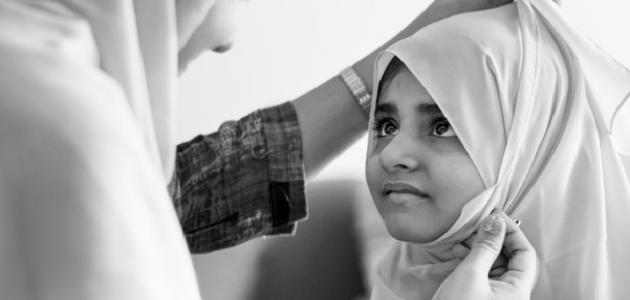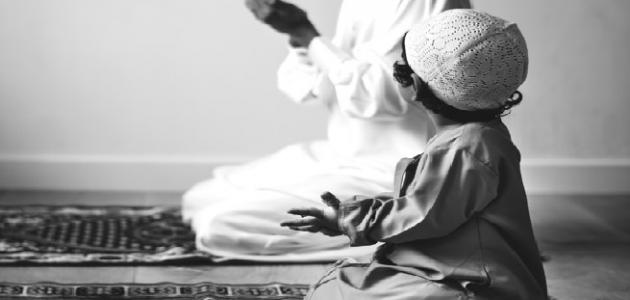How to punish a child for hitting others
The most effective way to limit the child's aggressive behavior when hitting others is to diagnose his inner feelings that led him to hit. The method of diagnosis is as follows:
- Preventing the child from hitting other children, if possible. When a parent is sure that their child is hitting another, it is necessary to intervene here and do what is considered a preventive measure represented by sympathizing with every reaction expressed by the child and getting rid of the daily emotional drought while giving the child a sense of safety.
- Dealing with the child in the event that he hits another and ends, one of the parents must act wisely and take a deep breath, bearing in mind that the child did not hit another except because he feels fear and needs sympathy with him, in addition to that, he must stand between the two quarreling children to prevent any aggression between them.
- Fixing the situation and addressing it. Perhaps one of the parents will be lucky if there is another person present within the situation to provide assistance to the child who has been beaten, but if no one is present, then the present parent must reassure and alleviate the child.
- Avoid blaming and help the child by making him aware of the consequences of hitting others, because blaming and reprimanding him will reflect on the child with negative results.
- Isolate the child from the scene of the beating incident to give him the opportunity to get rid of his fears, whether by crying or laughing, until he feels reassured, then his desire to hit others will dissipate.
- Educate and educate the child on how to control his feelings to avoid beating in upcoming situations.
How to punish a child for lying
Children may resort to lying to protect themselves from getting into trouble or to avoid reprimand or the like, and therefore the punishment here should not be limited to focusing on the consequences of lying, but also focus on the causes that lead children to lie, and one of the best ways to reduce children's lying, we mention the following :
Read also:Words about brotherhood- Understanding the reasons behind the child’s lying, by imagining his situation and thinking about what he thinks in order to know those reasons, such as (fear of getting into trouble, fear of rejection and non-acceptance of his request, low level of self-esteem, feeling the need for attention, getting into trouble). The reasons behind the child's lying have been understood. The method must be diagnosed to reduce this problem. If the reason is the child's need for attention, then the parents must spend the most time with the child and give him the attention he needs.
- Considering that mistakes are important opportunities to learn from them and avoid their recurrence in the future. It is wrong for a child to be punished and accused of lying without explaining the extent of the mistake he made. He needs to clarify all the consequences of every mistake he makes or makes by a conscious and aware person.
- Adopting the principle of punishment and reward, where parents are supposed to set certain penalties for the mistakes that their child makes, with the need to notify them to adhere to their application if necessary, which imprints an image in the child’s mind that there is a punishment if he gets involved and tells a lie, and it must be taken into account that the punishment It should match the age of the child and be specific.
How to punish a child for stealing
Just because a parent finds out that one of their children has stolen something is horrific, and the following are important tips for parents to deal with this problem with their children:
Read also:What are the qualities of a good husband- Emphasizing the spirit of trust between parents and their child through continuous conversations from time to time, because this would reinforce the idea of not resorting to theft and embezzlement, while not harshening the punishment when the child admits his misdeed and acknowledges the truth, in addition to rewarding him when he sees him doing the right thing.
- Teaching the child to preserve property, by making him feel a sense of responsibility towards the needs and things that belong to him, such as toys, when he is made aware of the need not to allow others to borrow them before they are allowed.
- Return the stolen things. It is necessary to teach the child the need to return the things he stole to their owners with a written apology attached with the stolen things.
- Awareness of the consequences of theft, and among those results may be the deprivation of the child of some privileges and facilities.









